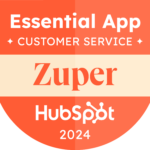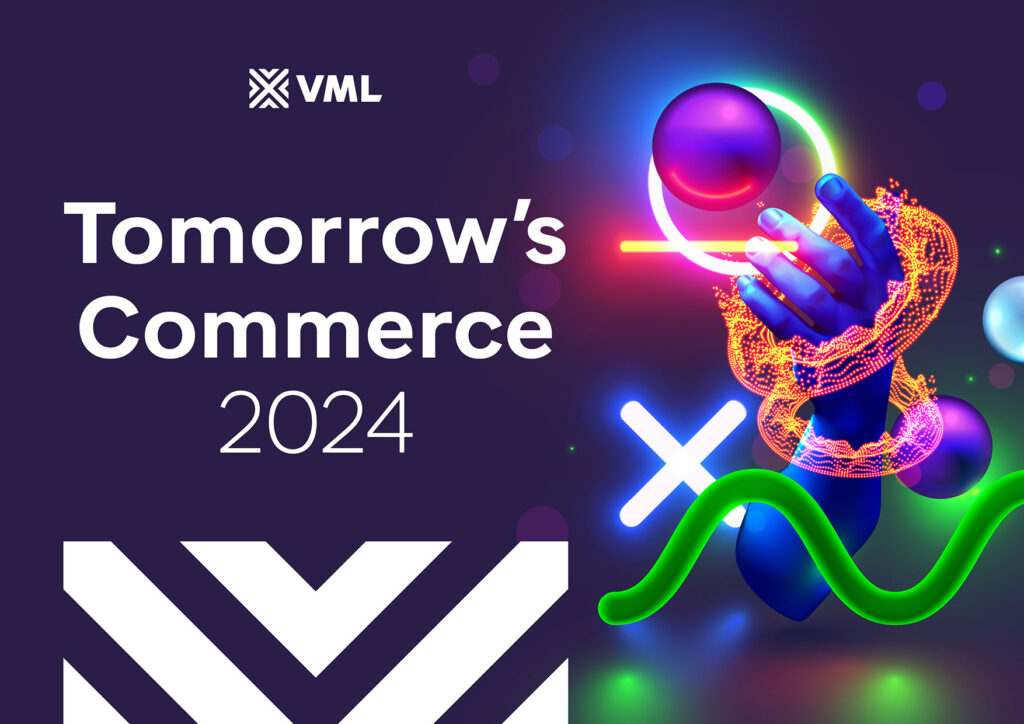 Bradley Elliott, director at digital agency Platinum Seed discusses how retailers can use new information sources such as social media to create more meaningful engagements.
Bradley Elliott, director at digital agency Platinum Seed discusses how retailers can use new information sources such as social media to create more meaningful engagements.
 Unless they can run smart, modern Customer Relationship Management (CRM) strategies, traditional and online retailers will struggle to grow their customer base. New approaches are set to disrupt how marketers reach their target markets, and they need to be embraced rather than resist.
Unless they can run smart, modern Customer Relationship Management (CRM) strategies, traditional and online retailers will struggle to grow their customer base. New approaches are set to disrupt how marketers reach their target markets, and they need to be embraced rather than resist.
At the dawn of the first Customer Relationship Marketing (CRM) software programmes in the 1970s, retailers relied on customer information collected by sales representatives on basic spreadsheets and stored on mainframe computers.
During this time, customer satisfaction was measured in an informal way and based on annual surveys and feedback to front-line retail workers.
This was cumbersome, expensive and often inaccurate. During the 1980s, computer software became more affordable and could collect customer information more regularly so it could be analysed and used in future customer engagements.
Today, there are thousands of very different marketing and CRM applications that can manipulate enormous amounts of data in myriad ways.
However, companies continue to struggle to integrate the sophisticated CRM tools at their disposal with their growing social media communities.
In the current technological context, CRM is considered as a customer management tool, rather than what it should be – a customer engagement enabler.
Companies often see CRM as a customer support or satisfaction channel where customers can complain and have their queries handled.
While this is an important part of CRM, most retailers miss the proactive approach that their data can enable.
Even when they proactively engage with customers (via email, SMS or post) retailers tend to use generic messaging, rather than using all the available data to reflect a deep understanding of customers. This comes across as inauthentic and can actually harm the company’s reputation.
There is also a serious flaw in retailers’ understanding of what CRM does, and most are struggling to get footfall into their stores by depending on it.
They want CRM to somehow help bring consumers in but the only information they use in their CRM programmes is information about people who have already shopped in the store in the past.
They will then spend millions on campaigns inviting these people to join CRM programmes, come into store more frequently, buy more of their products and to become more loyal.
This approach is correct, but it is only half the job and most retailers are not even doing this optimally. They are trying to squeeze more and more blood out of the same stones.
For instance, a husband might buy his wife perfume for Christmas, and for months afterwards he is served with information and incentives for female clothing. An accidental click onto a website can attract the same adverts popping up repeatedly on other sites, although the product might be completely off target.
To gain more depth of understanding about their potential customers, retailers need to start looking at CRM tools that also incorporates social media and other real-time behavioural data.

Software such as Continuon, for instance, gives much greater purpose to retailers’ Facebook, Twitter or Instagram accounts, apart from just fielding complaints.
Using advanced statistical analysis algorthims , Continuon analyses the conversations about a brand through certain individuals in a brand’s social media communities, giving a true measure of influence that includes reach, resonance and relevance.
This allows brands to identify and engage with true, organic brand influencers to carry the brands’ messages in the digital world and beyond.
The system also has the ability to track and understand individuals interests, allowing retailers to reach out with personalised, relevant offers to these consumers driving increased footfall, purchase frequency and value.
While traditional CRM attempts to look backwards to predict the future, an advanced CRM strategy seeks to continuously look at consumers’ current thoughts, feelings and behaviours to entice them towards a brand.
When implemented correctly, in conjunction with robust a robust strategy, future-facing CRM programmes that incorporate social media and other behavioural data can increase the bottom line through increased sales value and frequency.
- Automation and AI: Super-Tools to level up your business - 24th July 2024
- Salesforce Launches First Autonomous AI Agent - 19th July 2024
- WPP champions inclusive creativity at inaugural Unite South Africa Awards during Pride Month - 19th July 2024





